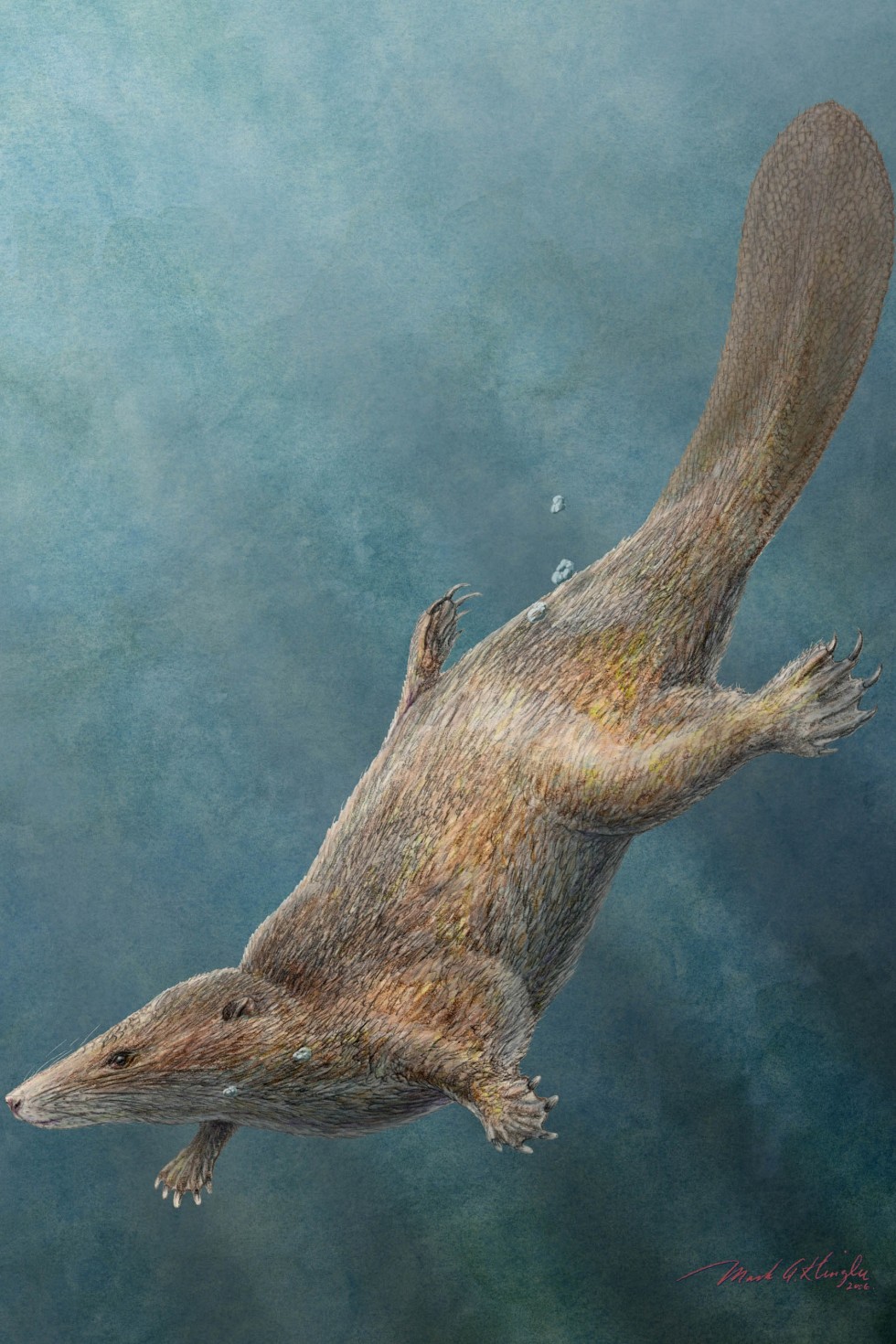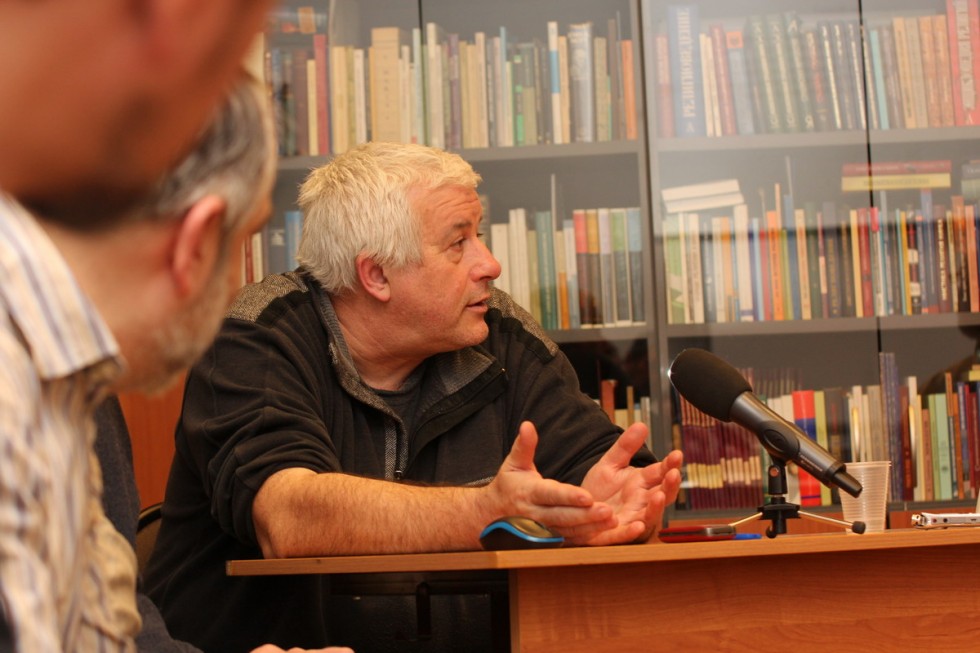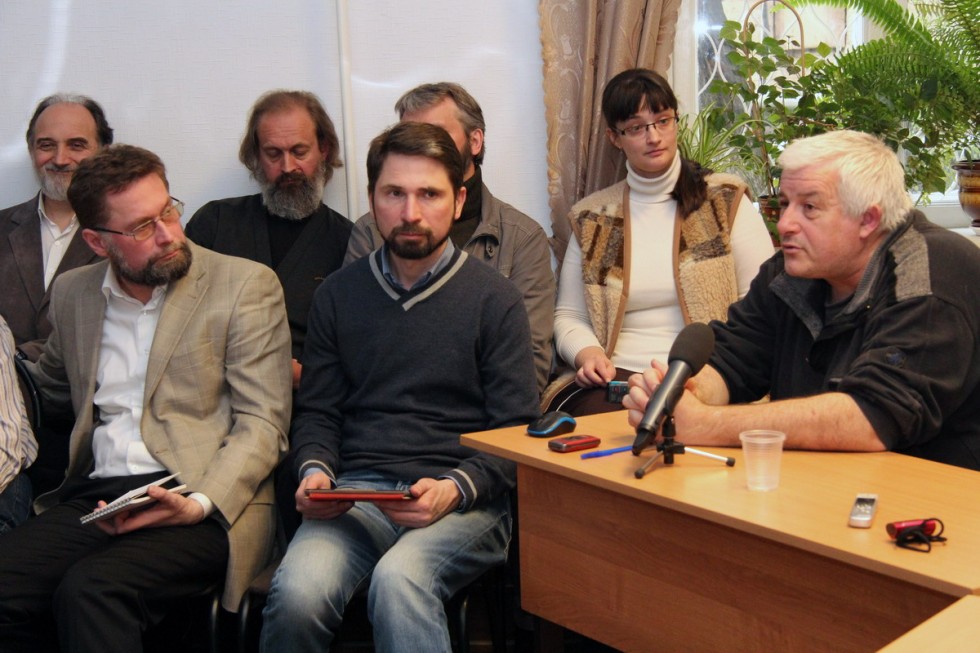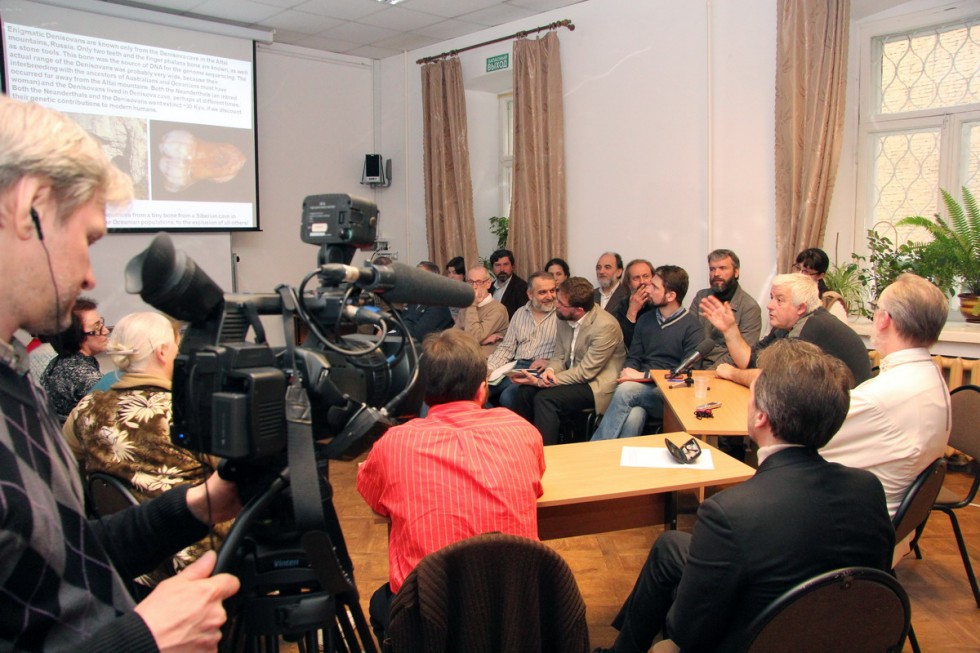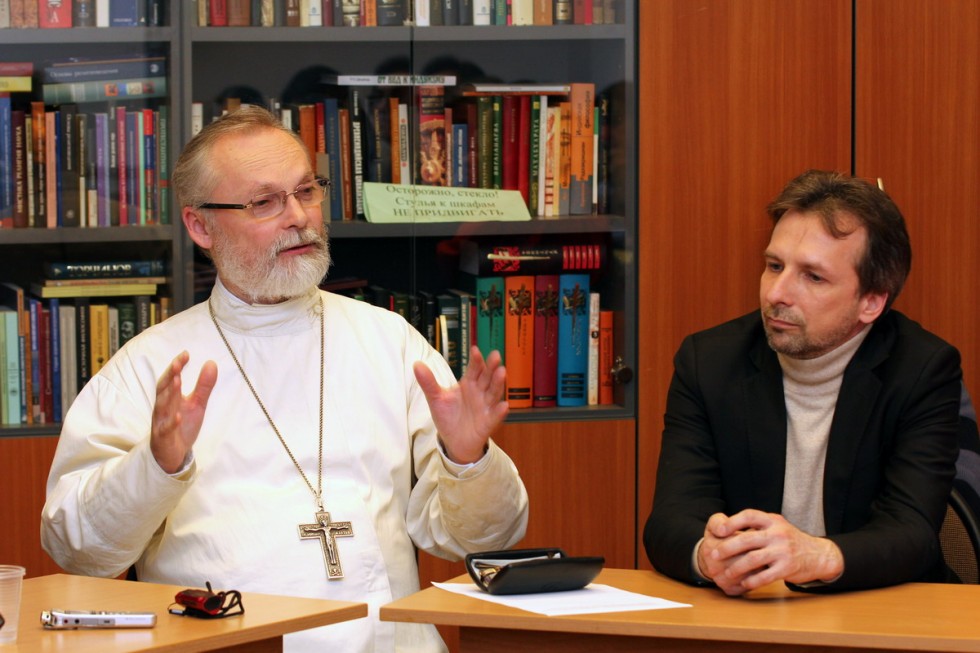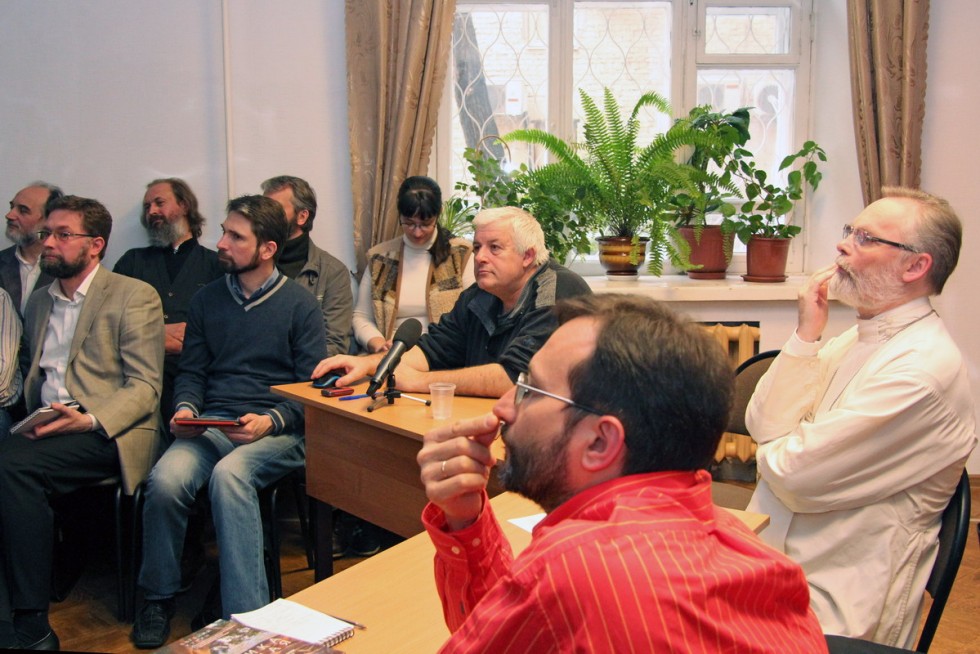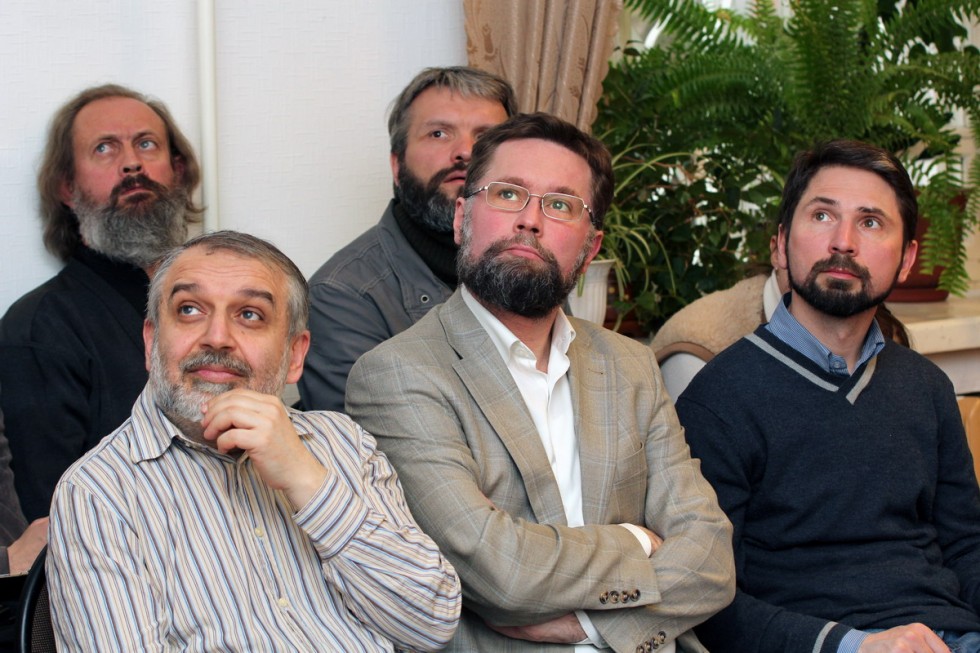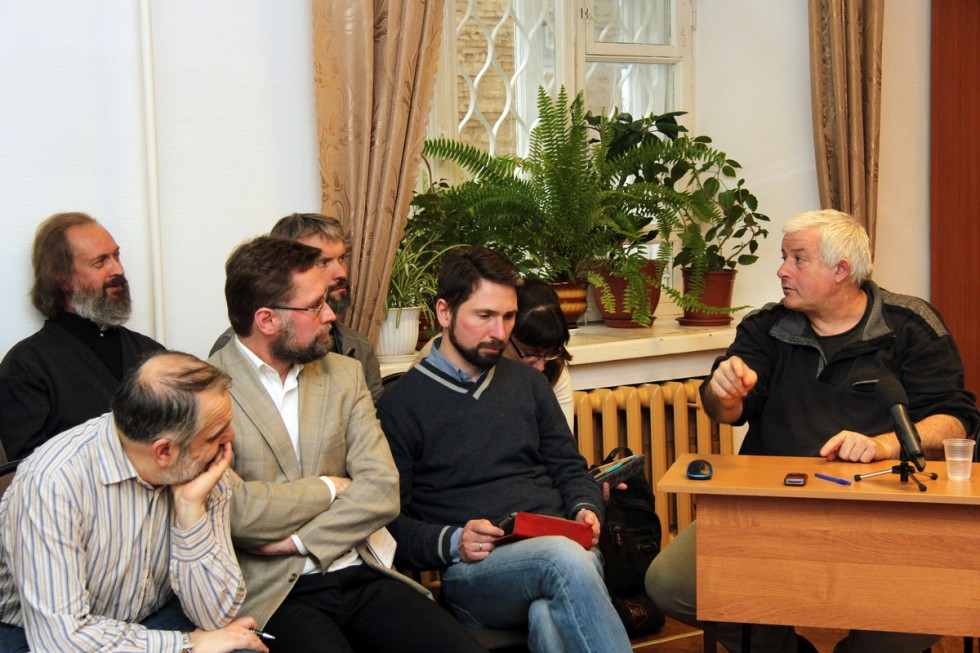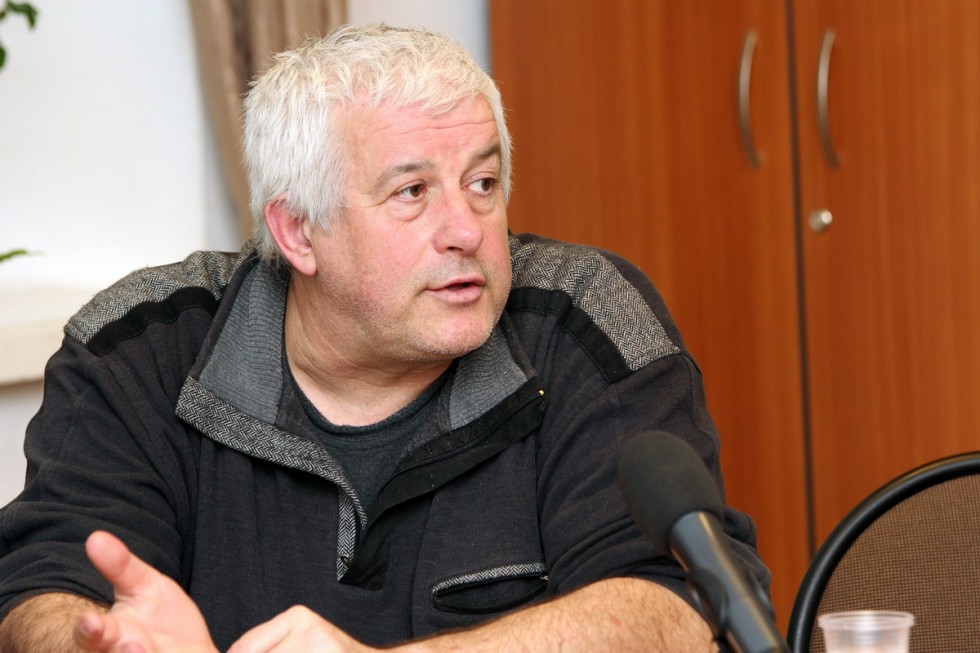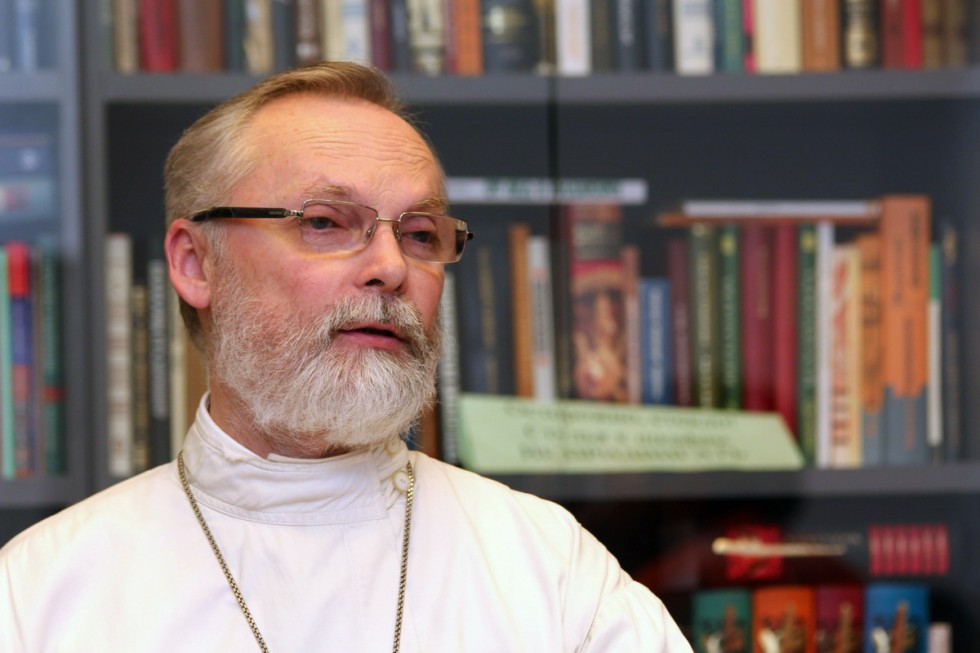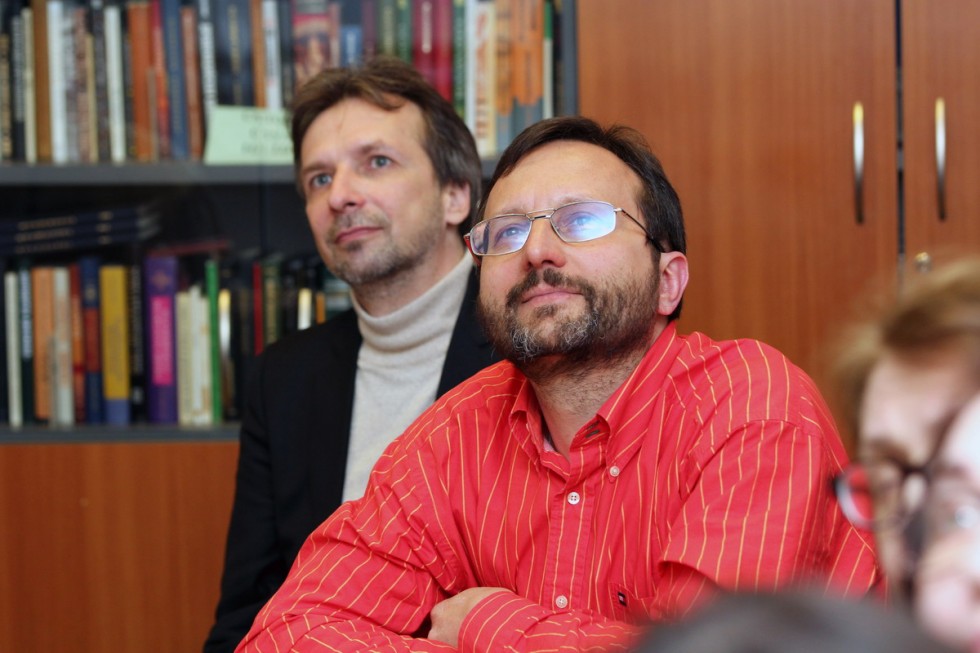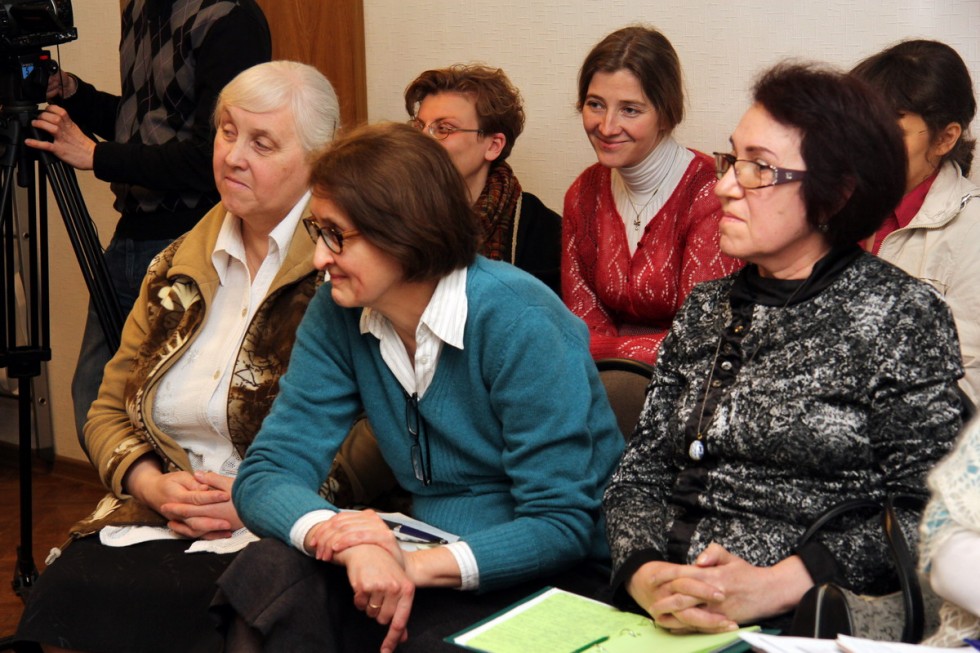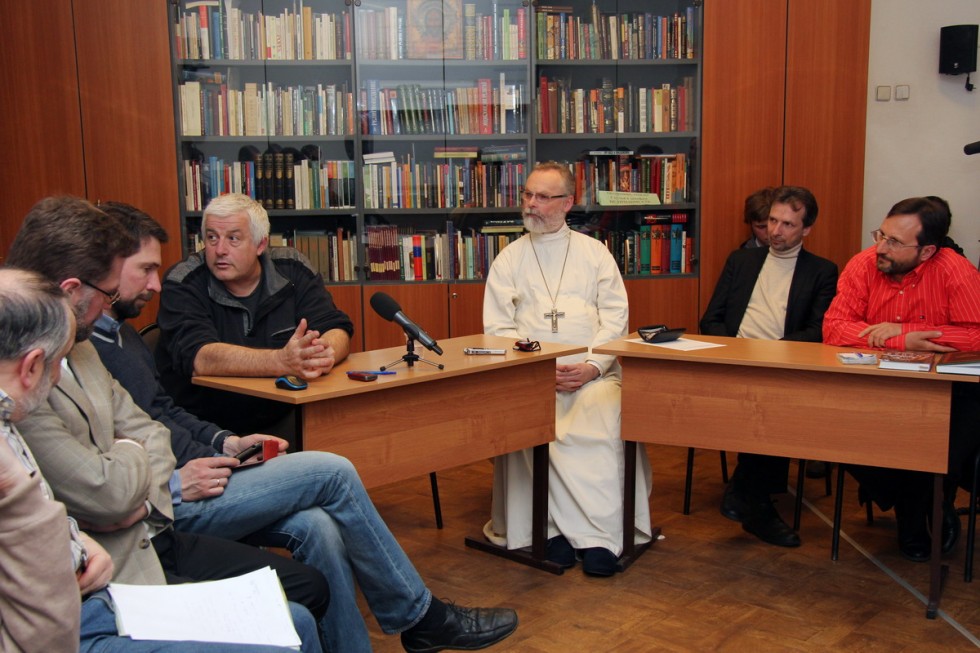The Humanness Genome
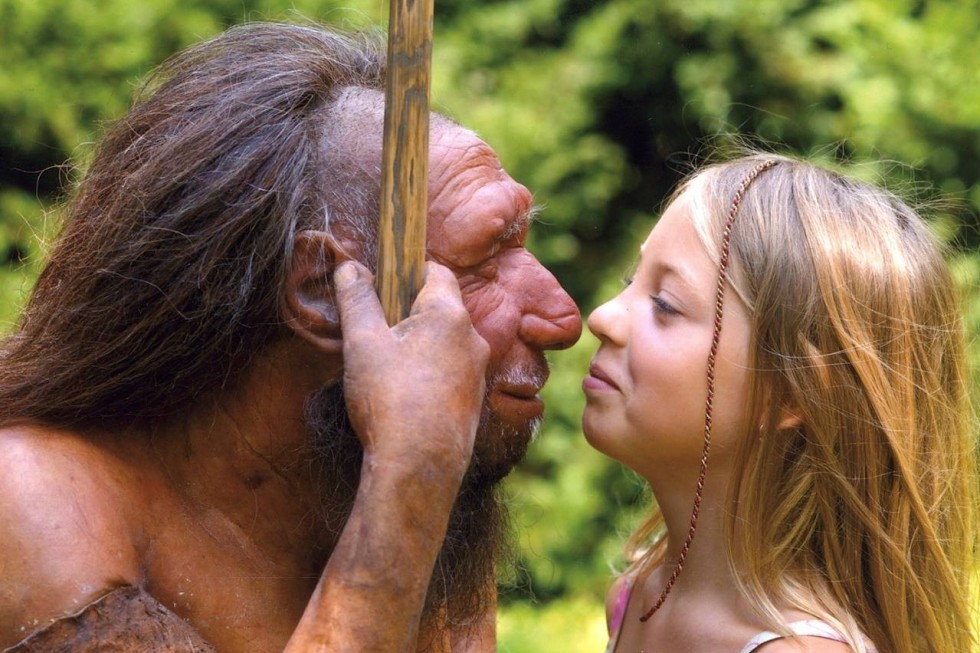
The genome of every modern-day human contains at least 2-3% Neanderthal DNA. “Thus, Neanderthal man is alive, being dissolved within us”, Kondrashov mentioned, not without joy
We asked him to tell about the latest discoveries regarding human origins. There is currently no unified position in the Orthodox Church on the issue of the evolution of homo sapiens sapiens, but none of our species has ever been indifferent to the mystery of our origins. As more data that is accumulated by modern science, the more that questions arise. When did human beings get the ability to create and love? And what kind of genome mutation has led to this?
Alexey Kondrashov traced our ‘genealogy’ from the origin of the first bacteria all the way to modern-day humans. Having briefly reported the history of life’s evolution on the Earth over the past 5 billion years, he shared his perspective on theological views of anthropogenesis as well. “It is difficult to argue with a good fossil. But a skeleton doesn’t tell us whether or not its owner had a conscience”, he laughed.
Genealogy according to ‘LUCA’
The human and chimpanzee genomes coincide approximately 98.7%. “Still, our brains are three times larger, and the best of us can study differential geometry. While chimpanzees, even the most intelligent ones, are not able to hammer a nail. They do understand they ought to hit the head of a nail, but cannot drive it in. And nobody understands why”, Professor Kondrashov assured.
All the more amazing is the fact that human beings, like all species, have evolved from a tiny creature whose age is comparable with the age of the Earth. Our nearest common ancestor (last universal common ancestor, LUCA) lived in the Paleoarchean era, 3.8 to 3.5 billion years ago. Comparing and assessing the degree of similarity between different genomes allow scientists to make hypotheses on the evolutionary relations between living organisms. Thus, a picture of ‘LUCA’ emerges, the organism that shared the same features as all subsequent organisms on the Earth.
What can genomes and bones tell us?
“It should be clearly understood what can be ascertained from the study of bones and genomes and what can not”, Professor Kondrashov noted. For example, archaeological findings indicate that 7 million years ago, our distant ancestors, the genus Ardipithecus, were orthograde. In order to arrive at such a conclusion, scientists needed only the remains of a skull and some cervical vertebrae to identify their head position. “But we do not know why they initially had small jaws, then evolved larger jaws, only to return to having small jaws once more. The question ‘why’ leaves space for more or less plausible hypotheses”, said our guest.
What genomes and bones can’t tell us
There are no simple evolutionary explanations of fundamental properties that define a human being, such as creativity, conscience and freedom, said Kondrashov. He doesn’t find evolutionary explanations of freedom (but not its illusion) tenable. Moreover, experiencing discordance between one’s own properties and an inner ‘ideal’ is another argument for the existence of God who has created this ideal. Even the natural evolution of altruism could not create a good Samaritan – natural selection would work against it.
Could the merciful God have not only allowed evil and suffering but also used them as the main tool in creating man? In view of natural selection’s severity, can we speak of a ‘creative role of suffering’ in our evolution? Kondrashov asked. He does not agree with the most widespread point of view among believers that evolution ‘took place, but God was keeping an eye on it’. Fr. Georgy Kochetkov, Professor and Rector of St Philaret’s Institute, suggested that such a view has been formed not by theological thought but by a common religious consciousness which is not much different from an ordinary scientific consciousness.
“Evolutionary science opens up unique opportunities to investigate the origin of man”, added Fr. Georgy. “However, one can only talk about human being per se when there is a manifestation of spirit: freedom, love, creativity, conscience. I would not be surprised if the origin of human as a human being is never associated with mutations in the genome”, he said.
